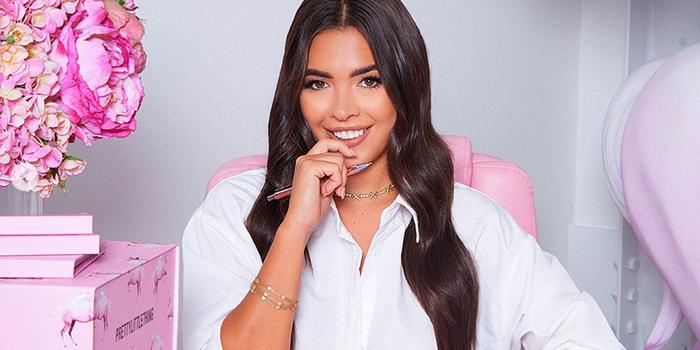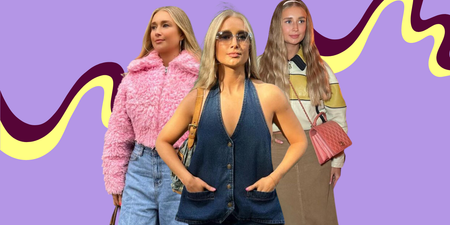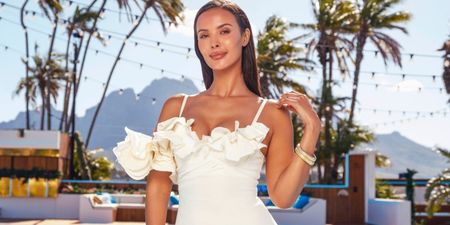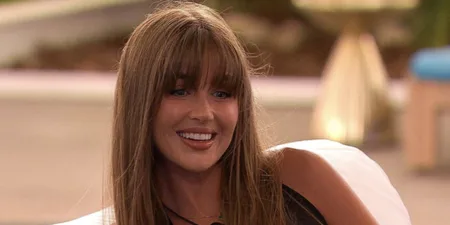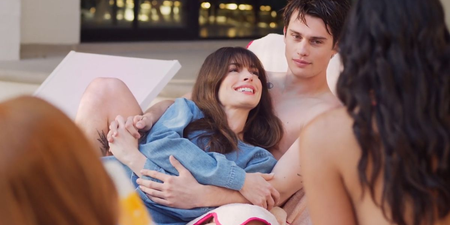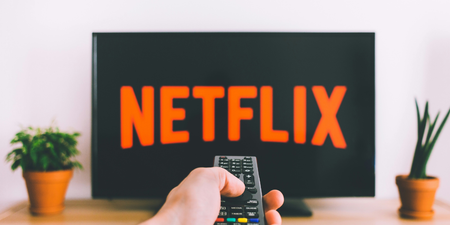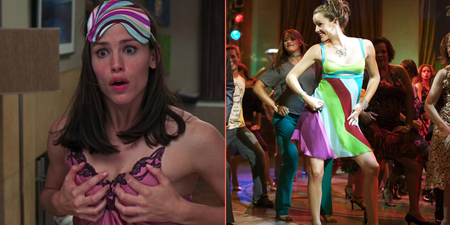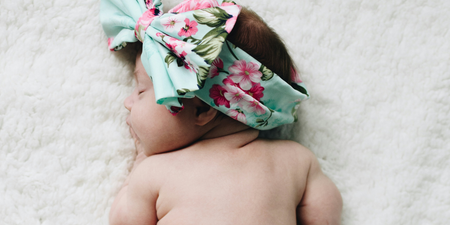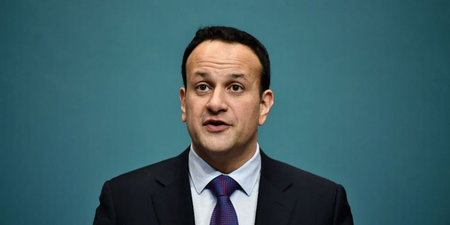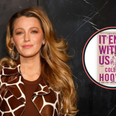As Love Island stars partner with brands, they find themselves at the centre of the fast-fashion conversation.
We may be in the ‘off-season’ of Love Island, but this year’s batch of contestants continue to make headlines as they pursue the standard post-show career path: lucrative brand deals.
So far, we’ve seen Tasha Ghouri team up with eBay, Paige Thorne’s partnering with Forever Unique, and Gemma Owen’s been named as the latest brand ambassador for the fast-fashion retailer PrettyLittleThing.
For any other run-of-the-mill influencer, a brand deal might appear to be rather innocuous, but for Love Island stars, they are anything but, and the controversy surrounding Gemma’s PLT deal illustrates just how highly charged they can be.
https://www.instagram.com/p/ChpAOaVLTIy/
While she was welcomed into the fold by her Love Island alumni, several fans took issue with the Gemma’s brand deal for a variety of reasons. For starters, one camp of fans questioned exactly how genuine the deal was. While the international dressage rider claimed that she is a PLT customer, many felt that her style simply doesn’t align with that of the brand’s, and that PLT is simply capitalising on her image to boost their own bottom line.
These concerns were confounded by the fact that PLT selected Gemma as their brand ambassador instead of her co-star Indiyah Polack. Throughout the series’ run, the brand would tweet their support for Indiyah, and at one point they asked fans to retweet a picture of Indiyah if they thought she would make “the perfect PLT doll”. The image ended up receiving significantly more retweets than a similar post for Gemma.
Let’s get one thing straight.
Fast fashion brands aren’t using influencers and celebrities as ambassadors to show working class or poor people somewhere affordable to shop.
They use them to convince people who have the money, to massively over-consume impossibly cheap clothing
— Dr Brett Staniland (@TwinBrett_) August 22, 2022
One islander who held PLT to account for this is Brett Staniland, who competed on the 2021 season. In an Instagram comment, he accused them of using Indiyah’s image for engagement without compensating her.
He referenced his previous critique of PrettyLittleThing for using “women of colour in their campaigns to hide the exploitation of women of colour in their supply chain”, and added that by partnering with Gemma, they’ve now gone “even further”.
“(PLT) are using (without any compensation) the image, name and popularity of a Black woman to further the brand’s image with no intentions of rewarding or even acknowledging them,” he wrote.

There is big money in the post-Love Island brand deal. Owen and Thorne are said to have signed contracts in the six-figure ballpark, while it’s no secret that Molly-Mae Hague became a millionaire through her work with the brand. The influencer was appointed to the role of creative director for PLT in 2021, though her comments on her success have ruffled some feathers.
Famously, Molly-Mae attracted backlash for a podcast interview she did, in which she pointed to the idea that we all “have the same 24 hours in a day as Beyoncé”.
“Technically what I’m saying is correct,” she said on Steve Bartlett’s The Diary of A CEO Podcast. “I understand we all have different backgrounds and we’re all raised in different ways and we do have different financial situations, but I do think if you want something enough, you can achieve it.”
https://www.instagram.com/p/CaFVu5lsGWa/
The influencer subsequently went on to say that she never meant any malice by her comments, and that her only intention was to inspire others with her own experience, but the controversy shone a light on one element of the Love Island brand deal that doesn’t sit right with fans. To dismiss claims that her success was easy to come by after appearing on a hugely popular TV show, Molly-Mae has to insist that she works incredibly hard. In doing so, she fails to acknowledge the lower-paid garment workers, whose labour produces PrettyLittleThing’s wealth, rather than its multi-millionaire CEO Umar Kamani or its creative director.
Perhaps it’s unfair to let Love Island contestants become the scapegoats for the ills of fast-fashion, but given their social capital and influence, it’s unsurprising that they’re at the centre of the discussion. Having said that, not every Love Island alumna pursues a career in fast-fashion ambassadorship. In fact, one contestant from this year’s batch opted for a very different route.
https://www.instagram.com/p/ChHCvJWohPA/
Tasha’s partnership with eBay – and the public’s reaction to it – perhaps signal a changing tide. The model said that through the deal, she wants to “put secondhand fashion front and centre”. Undoubtedly, it was the most well-received partnership to come out of a Love Island star’s career, and, if there is indeed an art to the brand deal, then Tasha has mastered it.
